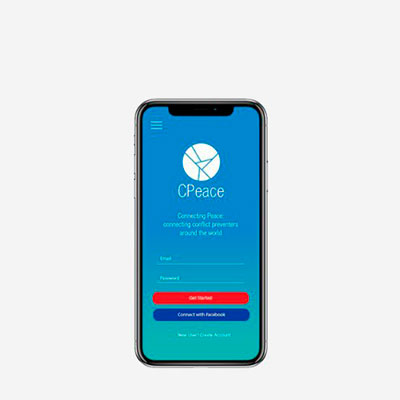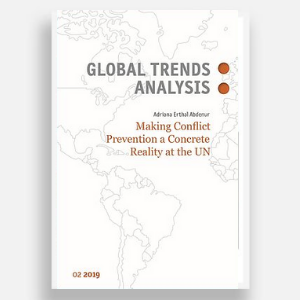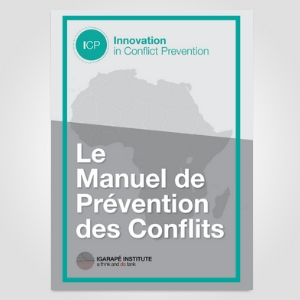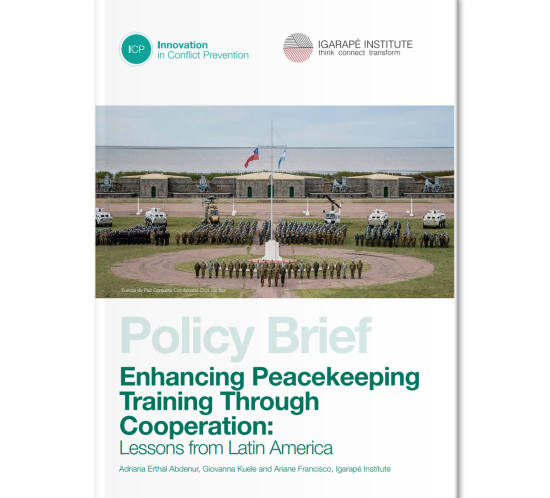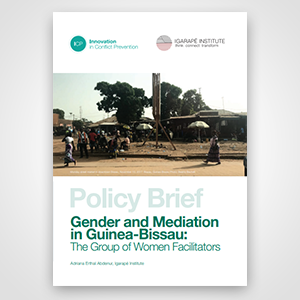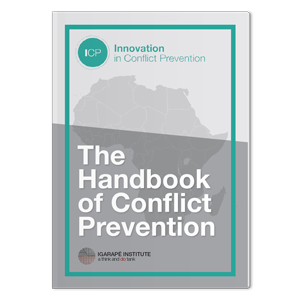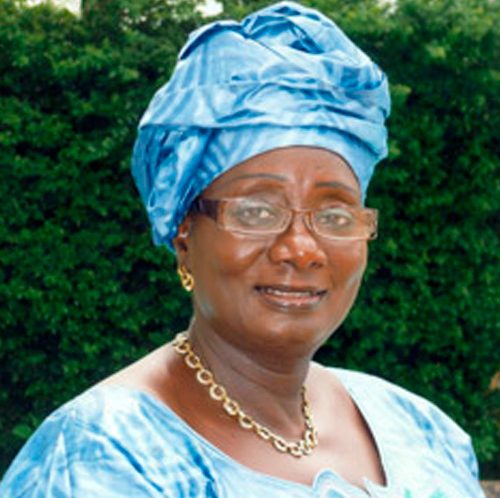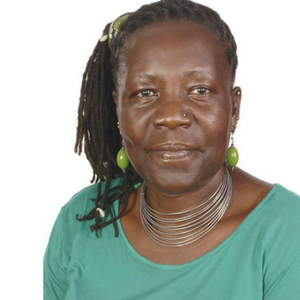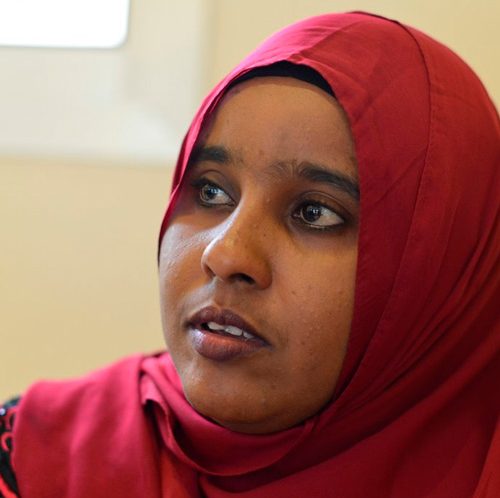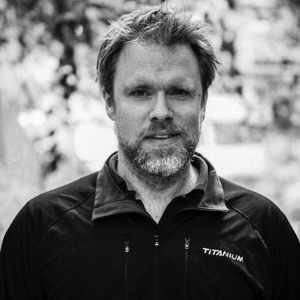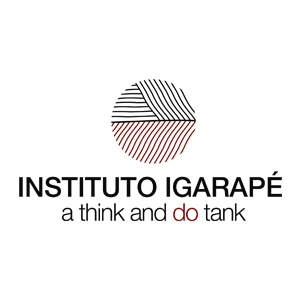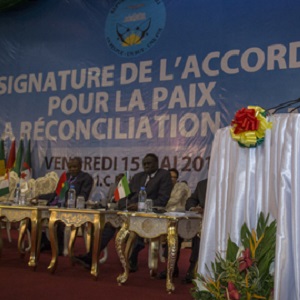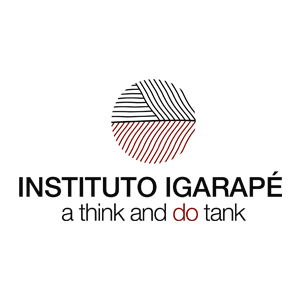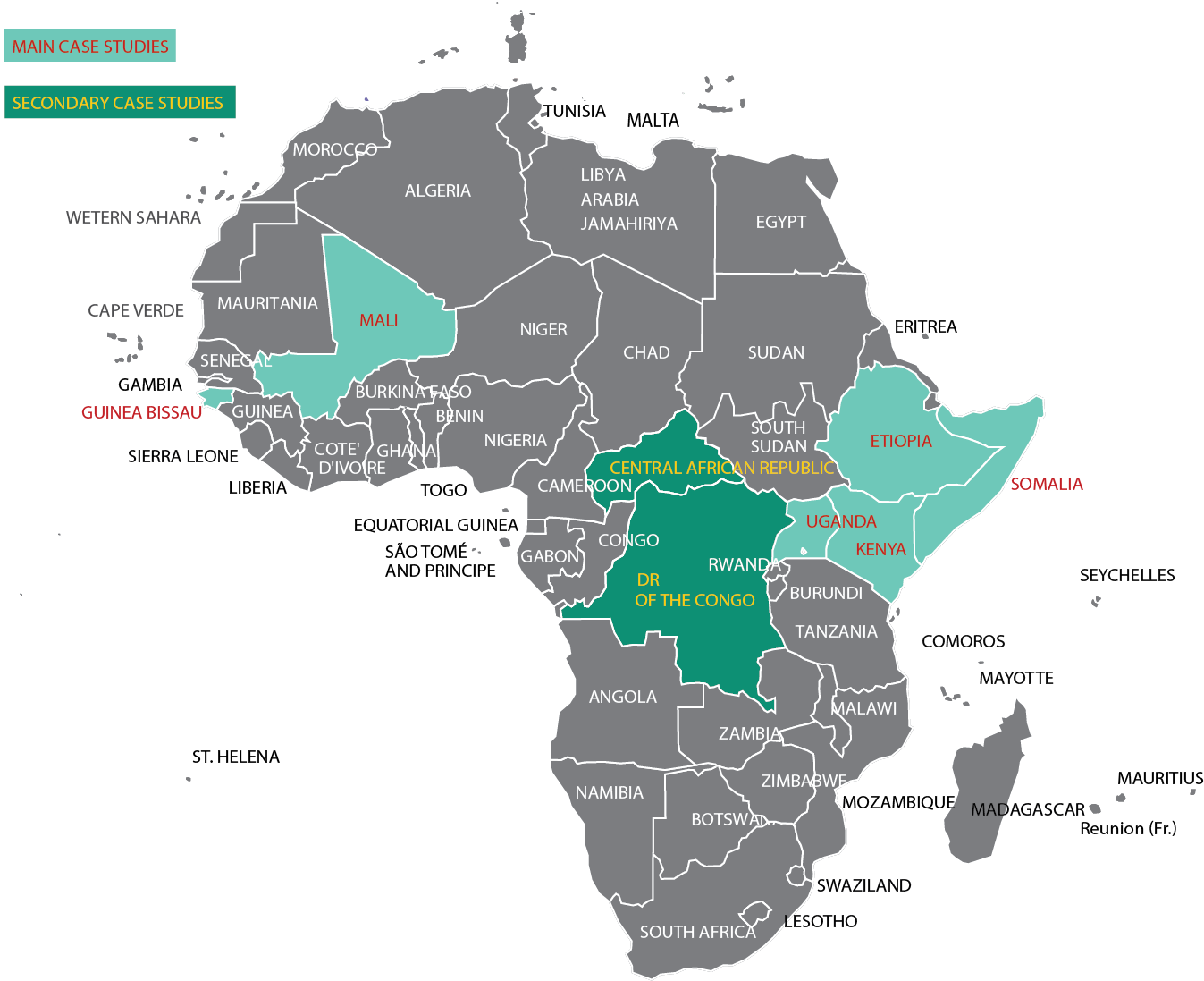Innovation in Conflict Prevention (ICP) is a project aimed at identifying promising approaches, responses, and practices in the prevention in armed conflict, focusing on six country case studies in Africa.
Through the Innovation in Conflict Prevention (ICP) project, the Igarapé Institute is leading a series of efforts to analyze how innovation takes place in conflict prevention practice in Africa. This project supports the United Nations (UN), the African Union (AU), and Regional Economic Communities (RECs)–as well as national and local stakeholders—in avoiding the outbreak, escalation or recurrence of armed conflict. In addition to developing interactive platforms, the project has yielded case studies from three regions of Africa: the Sahel, the Great Lakes Region, and the Horn of Africa. Three of the cases studies were carried out through a partnership with the Institute for Security Studies (ISS).




